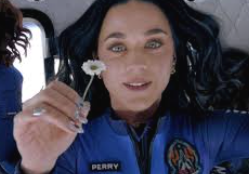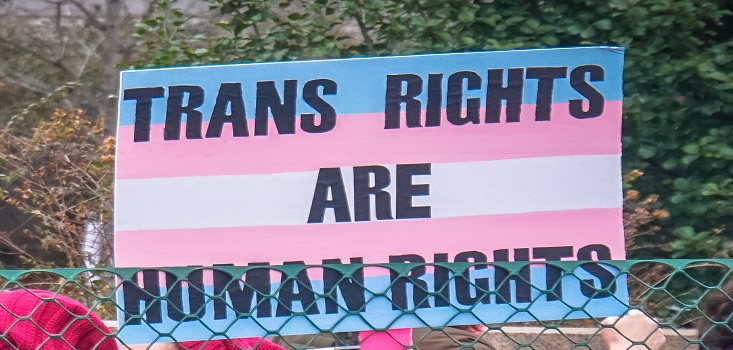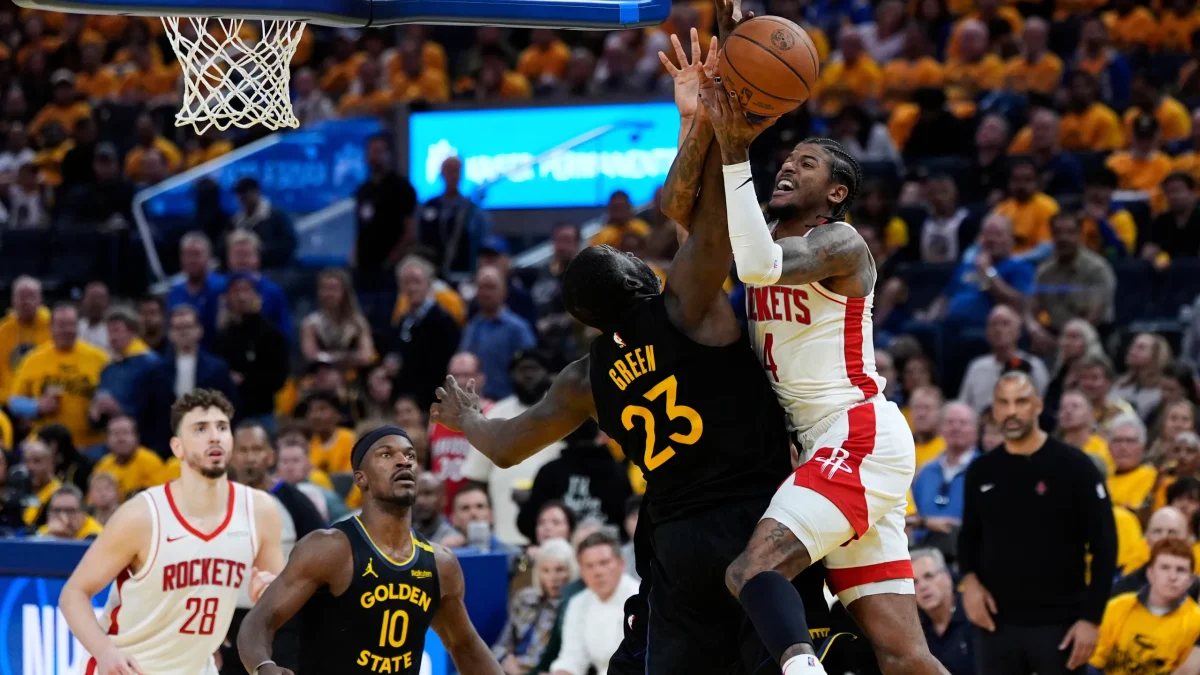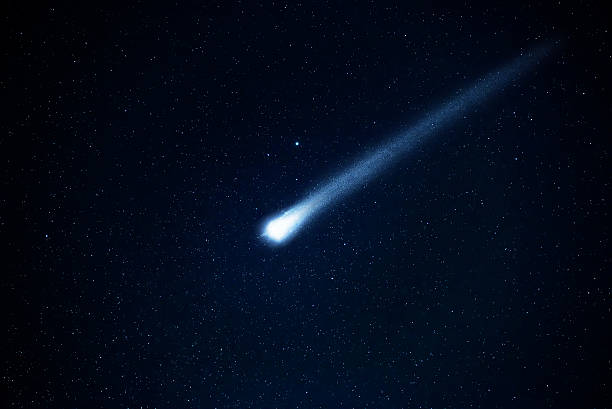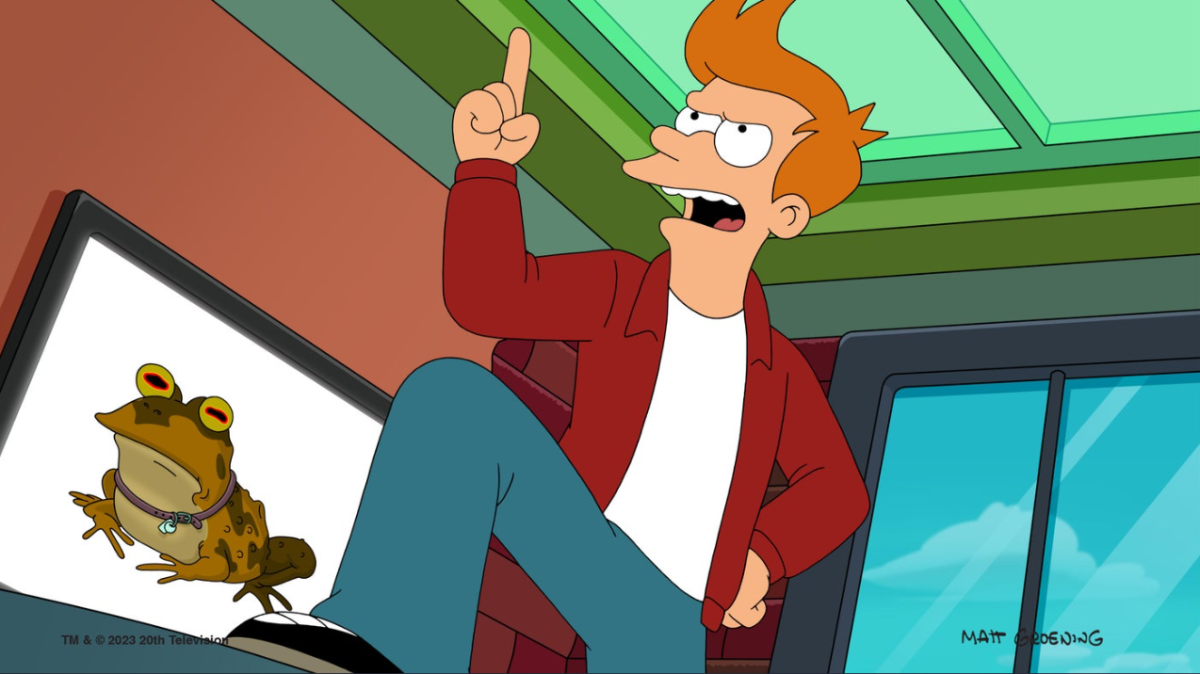Futurama has always had a wedge between the order episodes were produced and how they were broadcast. As such, the season being reviewed in this article is the eighth production season but the eleventh broadcast season. For simplicity’s sake, we will be using Broadcast order for this review.
Last month, the long-running animated science-fiction sitcom Futurama ended its long-awaited first year on Hulu. The series last aired an episode back in 2013, but this newest 10-episode run makes a point to show that nothing has changed, with a returning cast, writers, and animators. But after the acclaimed Meanwhile, a wickedly funny and emotional finale to the series’ second run, many viewers were concerned that this newest revival would disappoint.
Most of the premiere episode, titled “The Impossible Stream,” revolves around a revival of the show-within-a-show, All My Circuits, providing tongue-in-cheek meta-commentary on the show’s existence. Tellingly, the episode ends with series lead Fry, played again by Billy West (Ren & Stimpy, Space Jam), earnestly saying “…don’t reboot a show if the quality isn’t gonna be there.” But did the season live up to its own lofty standards?
The three pillars of this particular series have always been its science fiction, satire, and characters.
Science Fiction
Futurama has always been acclaimed for its smart science fiction. The writing staff had numerous Ph.D. and Masters degrees, as well as over 50 cumulative years at Harvard. In his incredible and award-winning season 6 script “The Prisoner of Benda,” Ken Keeler wrote an entire mathematical theorem to solve a body swap dilemma introduced in the episode. From “Where No Fan Has Gone Before” serving as essentially a long Star Trek: The Original Series in-joke to the gloriously convoluted TV movie Bender’s Big Score, the show has always relished in its own nerdiness.
“Hulurama” seems to focus on science fiction more so than the show has ever before, with almost every episode delivering at least one or two unique genre concepts. Two of the strongest episodes this year, “I Know What You Did Next Xmas” and “All the Way Down”, also happen to feature the tightest and most well-rounded science fiction plots — the predestination paradox in the former and simulation theory/infinite regress in the ladder.
At its heart, “I Know What You Did Next Xmas” centers around a unique and unconventional character pairing, but also touches on a smart time travel concept, where characters repeatedly cause every problem they attempt to resolve. However, besides the interesting continuity and a touching tribute to the late Coolio, the comedy takes a hit whenever the focus shifts away from its core premise. “All the Way Down”, easily the standout of the season for reasons that will be discussed later, does show the series firing on all cylinders, with a premise that confronts some of the biggest questions of the universe in simple, hilarious, and touching fashion. The Professor creates a simulation of reality, which creates its own simulation of reality, and so on, making the crew question whether there is a higher level of reality above them. This Droste Effect/Recursive Reality/Infinite Regress concept allows for philosophical, scientific, spiritual, and ethical analysis all while remaining light and irreverent.
At its best, these episodes provide the viewers with meaty, smart, thoughtful genre fiction. This, however, cuts both ways. In the original Fox run, the series delivered many stand-out episodes without relying on complex science concepts, including “Three Hundred Big Boys” and “The Devil’s Hands are Idle Playthings”, which can’t exactly be said about this most recent batch. The episodes that feature the more simple concepts often have less polished writing, not just the sci-fi, but in regards to character, structure, and pacing.
This isn’t universal across the entire season, but the two biggest duds of the season do have the two weakest central concepts. “The Prince and the Product” is an enjoyable enough anthology episode, but it also features a very strange and unfitting framing device, and sacrifices continuity for less-than-exceptional comedy. “Rage Against the Vaccine”, which will also be discussed later, doesn’t use the futuristic concept of the series to tell a story that couldn’t be told without science fiction.
This is not to say that the episodes without complicated plot mechanics are completely devoid of any smart science-fiction aspects.
“Related To Items You’ve Viewed” features an infinitely regrowing structure, “Children Of A Lesser Bog” has some interesting explanations for how a swamp causes different rates of growth, and “How The West Was 1010001” has some unique sci-fi/western concepts in its final act. That last episode in particular also features many of the series’ trademarked nerdy humor, the title being a nod to the element central to the plot and a rapid-fire string of jokes made about the western book The Borax Kid vs the Outlaws of Thermodynamics written by Buffalo Bill Cobalt.
Satire
With a few exceptions, Futurama has never been a particularly subtle series. It’s rarely difficult to tell what the writers’ opinions on various topics are. The series’ use of satire is one of its most defining aspects, but will be the aspect that divides fans the most this year.
Of the three pillars, this was the weakest this year, as the series was unable to manage a fully effective satire as it did in the previous two runs, ie “A Taste of Freedom” and “A Clockwork Origin”. Too often the satire comes across as dated, obvious, muddled by abstraction, or sometimes all three, and about half of the episodes involve it in a large part.
Thankfully, the series continues to not hold back when it comes to its satire. The writing can be criticized as dated or unsubtle, but its ruthlessness cannot be denied. The series never holds back when it comes to pop icons, science fiction, media, politics, news, technology, religion, government, and its own existence — for better and for worse.
“Related To Items You’ve Viewed” shines in its science fiction and comedy, but the first act wanders around taking some on-the-nose potshots at Amazon. “How The West Was 1010001” was very enjoyable but never found anything substantive to say about cryptocurrency and bitcoin mining.
The premiere episode also features tons of meta-commentary on the series’ revival. “It feels like we got rebooted,” Hermes Conrad says referring to a glitch in time and space caused by the events of the last season’s finale. However, the story never really evolves beyond referencing their cancellation like “Bender’s Big Score” or “Rebirth” did. The episode is wall-to-wall with jokes about “Fulu”, reboots, Black Mirror, binge-watching, writers, etc. However, the rapid pace it moves at makes the episode mostly work as a return episode.
The best satire in the season comes in “Zapp Gets Canceled”, an unexpected gem that shows an insensitive recurring character attending a sensitivity class taught by someone even worse. In the B-story, Leela has to retain diplomacy on a planet whose cultural practices make her uncomfortable. These dual narratives, while obvious in their connecting theme, layer satire, gross-out comedy, character development, and loving parody all on top of one another. In the end, the episode creates interesting conflicts that can be appreciated both with and without its modern-day messaging.
However, the episode is preceded by one of the weakest of the season, “Rage Against the Vaccine”, which suffers from sluggish pacing and lack of focus, making the topical references all the more tiring. The 20 minutes fail to say anything nearly as substantial as it did in previous pro-science episodes.
Overall, the satire is never harmful or ill-intentioned, but the writing often misses the mark in small or large ways.
Characters
Finally, we have the characters.
Despite some concerns going in, all of the main cast returned. After a little roughness in some of the delivery in the early episodes, by episode 5 onward the whole cast feels back with their great comedic timing and chemistry. While some actors like Tress MacNeille (Animaniacs, Chip and Dale: Rescue Rangers) and John DiMaggio (Adventure Time, Gravity Falls) haven’t missed a beat, you can hear the age in some actors like Phil LaMarr (Samurai Jack, Pulp Fiction).
Futurama has always rewarded long-time viewers with callbacks and sequel episodes, however, it mostly remains episodic. How would the series adapt its characters to the new age of streaming? Elements like the will they/won’t they relationship between Fry and Leela and the universe-breaking endings of episodes like “Decision 3012” and “War Is the H-Word” don’t work as well outside of syndication.
Thankfully, from the first episode, the show makes it clear that Fry and Leela are officially in a committed relationship, and the new status quo will deal with the baggage that comes with those stories. Almost every episode makes some point to show how Leela and Fry care for each other, sometimes in small or big ways. And in “Related to Items You’ve Viewed”, Fry and Leela move in together, and it stays that way for the rest of the season.
Also, in episode 2, the show introduces probably the most substantial recurring addition to the main cast since Nibbler in season one: Kif’s offspring, Newt, Mandy, and Axl. These characters return in “I Know What You Did Next Xmas” and “Zapp Gets Canceled”.
This welcome willingness to change makes the strange subplots and moments that would work on a cable series stand out much more. Leela in particular feels weirdly out-of-character at certain points, like her random fling in episode 3, when she forgets an entire episode from season 5 for the sake of exposition in episode 2, and her strange non-canonical break-up with Fry in episode 9.
However, this is contrasted with some truly great character moments in the season. “Parasites Regained”, a sequel episode to “Parasites Lost” from season 3, acts as more of a spiritual successor to its predecessor rather than a continuation of its plot. The first episode saw a colony of worms making Leela reconsider her feelings for Fry, the newest one sees the same worms reappearing and making her fight for another important relationship: Nibbler.
Another great episode for Leela is the stellar final episode, “All The Way Down.” While the first half explores the science fiction implications of its aforementioned premise, the second half is an incredibly unique philosophical meditation on reality and living. The whole episode delivers on the trademark sharp humor and thought-provoking concepts the show is known for, while also beautifully working its way up to a powerful final shot which serves as a microcosm of the series’ most important relationship and its emotional core.
In a lighter example, “I Know What You Did Next X-Mas”, the show does its first Bender and Zoidberg pairing. This episode illustrates how the series doesn’t need to rely on heavy conflicts or tear-jerking endings to deliver moments of satisfying and unique character development.
Unfortunately, all of those episodes suffer from a new problem for the series. Despite the season’s many humorous, but occasionally granular and hyper-specific, references to its past, the show continues to pick and choose which bits of continuity it wishes to preserve. For example, various technology returns including the eyePhone from “Attack of the Killer App”, the forward time machine from “The Late Philip J. Fry”, and the Smell-O-Scope from “A Big Piece of Garbage”, yet devices from within the Season itself seem to appear and disappear. While the season introduces three new recurring side-characters, there is no mention of Zoidberg’s relationship with Marianne from the penultimate episode of the previous run, “Stench and Stenchibility”, ditto Igner’s relationship with Professor Farnsworth introduced in the third Direct-to-DVD film Bender’s Game. While the season does introduce some new interesting characters, the show’s newfound fixation on its past is what unfortunately keeps the new Futurama season from being on the cutting edge like it used to be.
Final Verdict
How satisfying these new episodes of Futurama will be for each fan depends on what they are looking for. If there was any concern that the series’ intentions would change in 2023, fans can rest easy knowing that the cast and writers return with new ways to attack our culture with a blend of both smart and stupid comedy. What will divide viewers will be the execution and the way the episodes are written.
Rating: 7/10 pomegranate seeds






